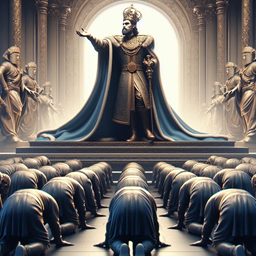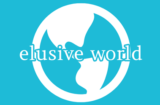By Ron Raskin

Never in the history of modern diplomacy, war, peace, whatever, have I ever, ever, ever seen anything like it,
No doubt, Trump’s second term started like a storm, and on February 28, 2025, the world changed forever. This wasn’t just about Ukraine—it was about the entire West. The shift wasn’t just in U.S. foreign policy with “America First,” but in the realization that the world itself had fundamentally changed.
The big question in leadership is: should a leader give people the freedom to make their own decisions (like in a democracy), or should all the power be held at the top, where decisions are made for others to follow without question? Both approaches have their strengths and weaknesses. In stable times, decentralized decision-making allows people to focus on their own circumstances and make the best local choices—much like a free market, which drives economic prosperity. However, during crises, reaching consensus becomes more difficult, and with little time for debate, centralized control often takes over. The military is a prime example of this structured hierarchy.
Until recently, Western democracies were like states in a loose confederation. On one hand, each state was relatively free to pursue its own interests, but on the other hand, shared values and interests set limits and formed the basis for compromises, with the U.S. leading this confederation as softly and gently as possible. Not anymore. If anyone didn’t understand it before February 28, they do now. The Trump administration decided to centralize power and transform the loose confederation into a kingdom, with the U.S. as the strongest feudal lord, imposing its will on other nations like vassal kings.
The problem with centralizing power is that once it happens, it’s hard to go back to a system where decisions are shared. In the long run, letting more people make decisions usually works better. That’s why Trump’s decision to gather power is like taking out a black-market loan— it may offer a short-term solution, but the long-term costs could be too high.
Right now, the world is in chaos, much like the 1920s and 1930s and indeed strong measures are needed to restore order, but is it really necessary to concentrate so much power in America’s hands? Will this “loan” be worth it? Can the U.S. and the West afford the price? Time will tell, but one thing is clear now: “America First” doesn’t just mean focusing on what’s best for the U.S.—it means making America stand above all others, placing it “first” among them, above its subjects.
But even if centralizing power was the right decision for the U.S. and the world, leadership is about more than just how decisions are made. There’s a crucial difference between strong authority and outright tyranny, and the level of cruelty matters. Trump appears to embrace Machiavelli’s idea that it’s better to be feared than loved: “one would like to be both the one and the other; but because it is difficult to combine them, it is far safer to be feared than loved if you cannot be both”.
On February 28, he demonstrated this by publicly humiliating Zelensky, sending a clear message intended to create fear. However, Machiavelli also warned that a leader must avoid being feared to the point of hatred—a line that, once crossed, can have dangerous consequences.
Let’s hope Trump and America don’t cross that line…

